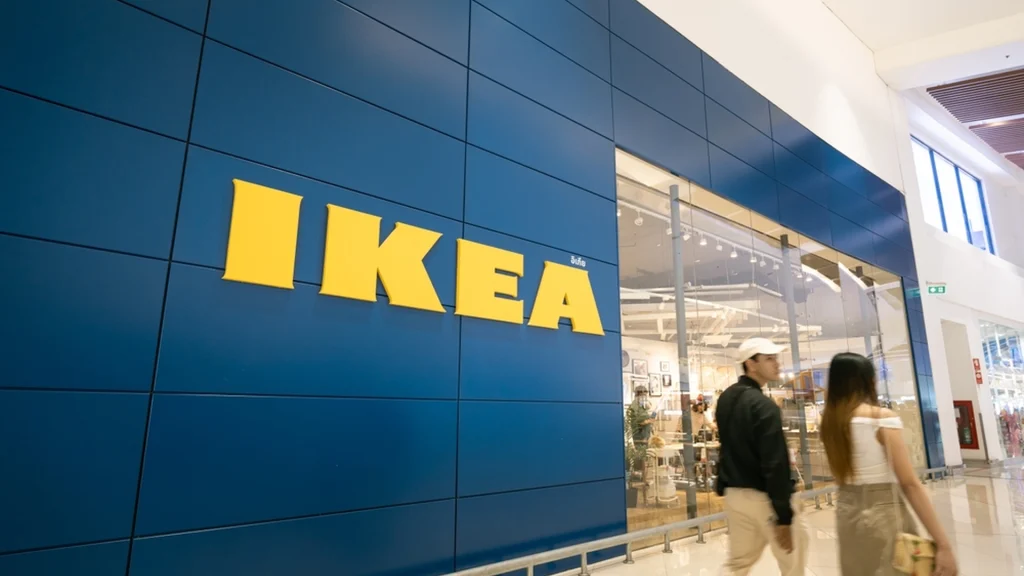IKEA has contributed approximately $6.35 million to a German government fund to compensate victims of forced labor.
Others are reading now
IKEA has contributed approximately $6.35 million to a German government fund to compensate victims of forced labor under the GDR’s communist regime.
This decision follows revelations that political and criminal prisoners were forced to produce furniture for IKEA during the Cold War, According to CNN.
A Dark Chapter in GDR History
IKEA Germany has confirmed that political prisoners in the former German Democratic Republic (GDR) were exploited to produce its popular flat-pack furniture.
This practice continued through the 1970s and 1980s, as documented in an investigation by Ernst & Young, commissioned by IKEA after reports of forced labor first emerged in Swedish and German media over a decade ago.
Also read
According to the report, IKEA representatives at the time were likely aware of the use of political prisoners as cheap labor.
The former GDR, a communist state under Soviet influence from 1949 to 1990, extensively employed forced labor in prisons and factories.
The Stasi, the GDR’s notorious secret police, suppressed dissent, while factory work for Western companies became a means of exploiting inexpensive labor. Many inmates forced into labor had merely expressed criticism of the one-party state.
IKEA’s Contribution to the Victims’ Fund
IKEA’s $6.35 million contribution will support a fund established by the German government in 2021 to compensate victims of GDR forced labor. The fund is pending final approval by the German parliament but is expected to pass without issue.
Walter Kadner, CEO and Chief Sustainability Officer for IKEA Germany, stated: “We deeply regret that products for IKEA were also produced by political prisoners in the GDR. Since this information emerged, IKEA has worked to address the matter. We promised those affected that we would offer our support.”
Call for Other Companies to Follow Suit
Dieter Dombrowski, president of the Union of Victims’ Associations of Communist Dictatorship (UOGK), commended IKEA’s proactive role in addressing the issue.
“Together, we have chosen the path of transparency, and IKEA has engaged with those affected on an equal footing,” Dombrowski said.
The UOGK points out that IKEA is one of many Western companies that exploited forced labor in East Germany.
Former chairman Rainer Wagner warned in 2012 that IKEA represented only the “tip of the iceberg,” calling on other companies to compensate former prisoners who still bear psychological scars from forced labor.
Evelyn Zupke, a special representative for GDR victims in the German parliament, emphasizes that while the past cannot be changed, companies today have the chance to show respect and offer support to those affected.
She views IKEA’s financial contribution as a responsible step in addressing this dark chapter of the company’s history.








